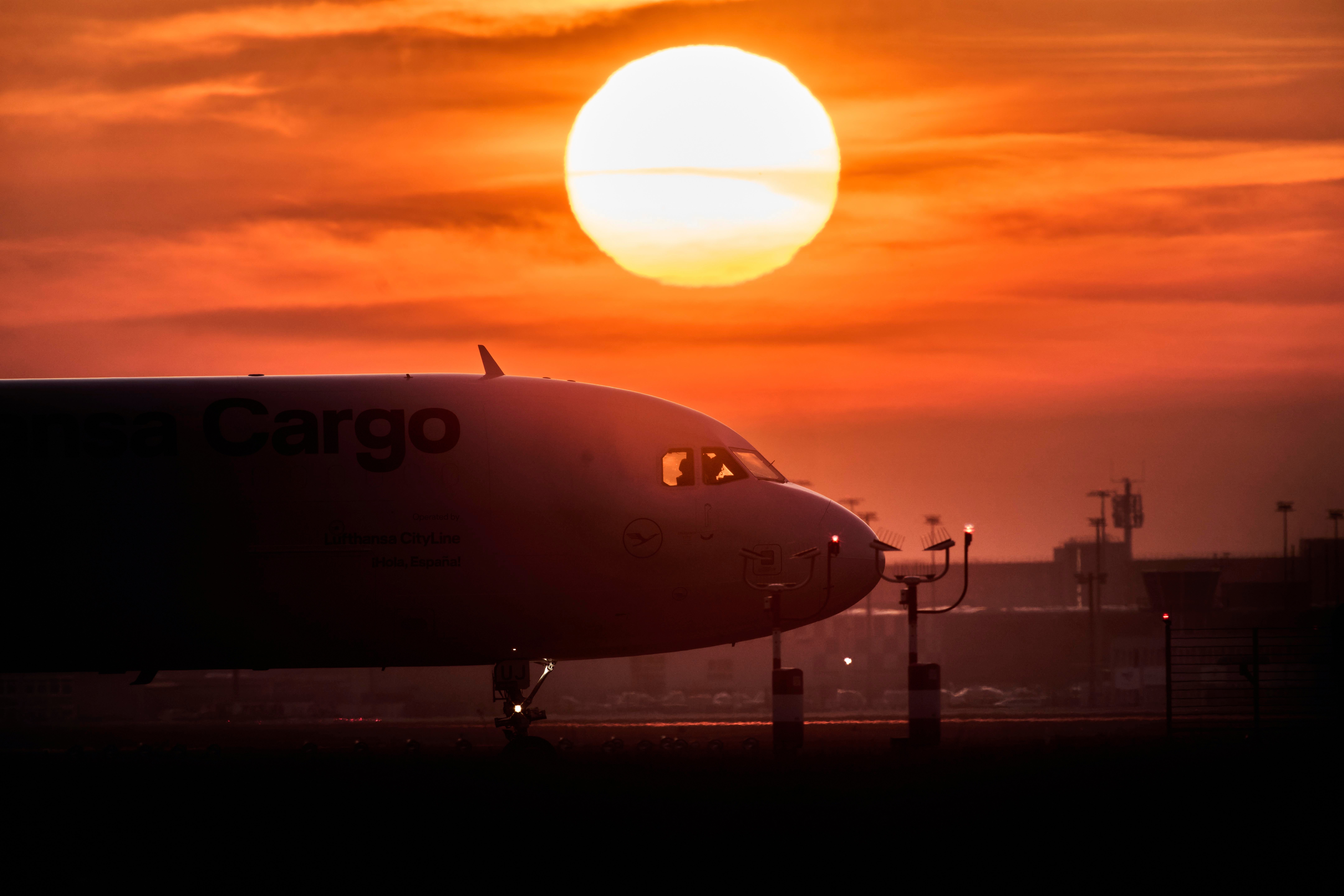This website uses cookies so that we can provide you with the best user experience possible. Cookie information is stored in your browser and performs functions such as recognising you when you return to our website and helping our team to understand which sections of the website you find most interesting and useful.
Holidaymakers from countries most affected by US President Donald Trump's trade tariffs are opting against vacations in America, while UK and US travellers are increasingly choosing staycations amid economic concerns, according to hotel search site Trivago.
Trivago's chief executive, Johannes Thomas, revealed to the PA news agency that the group has observed double-digit declines in bookings to the US from travellers in Canada, Mexico, and Japan – countries significantly impacted by the trade disputes.
This shift in travel patterns suggests a potential link between economic policies and tourism choices, with travellers from affected nations seemingly diverting their holiday spending elsewhere. Simultaneously, rising economic anxieties appear to be influencing UK and US travellers to favour domestic holidays, contributing to a growing staycation trend.
Demand among Germans for trips to the US is also down heavily, with a single-digit decline in bookings for accommodation in America, although the firm has not seen a significant change in demand from Britons travelling to the US.
Mr Trump has levied tariffs on more than 180 countries, with Canada and Mexico among the first to be impacted – although he later paused many of his so-called “reciprocal” tariffs for 90 days following financial market turmoil.
Germany – the largest economy in Europe – is set to be hit particularly hard by the US tariffs and the threat to its exports.

Mr Thomas added that US holidaymakers are also paring back their holiday spend in the face of economic uncertainty caused by Mr Trump’s move to unleash higher tariffs on countries across the world.
Mr Thomas told PA: “If you look at the different markets, the US tends to be the more sensitive one to uncertainty.
“People there are much more connected to the stock market and have a higher amount of debt, so are more sensitive to economic developments.”
Bookings on the site show Americans are spending less on their trips, while there is higher demand for cheaper hotels and lower star categories.
German-based Trivago, which is majority-owned by Expedia, said that the economic worries caused by the trade war has also seen a trend for many travellers across the US and UK to opt for domestic trips.
Recent booking data shows that in the UK, there has been a 25% year-on-year leap in demand for domestic travel for the key months of July to September.
“In times of uncertainty, people stay closer to home,” said Mr Thomas.
The group said London is topping the destinations for British staycationers, followed by Edinburgh, where demand is up by nearly 30%; York; Blackpool; and Manchester.
But Mr Thomas said that among Britons, bookings have remained robust despite clouds over the wider global and UK economy, with a 16% increase in total travel demand for the peak quarter to September.



 Africana55 Radio
Africana55 Radio 
